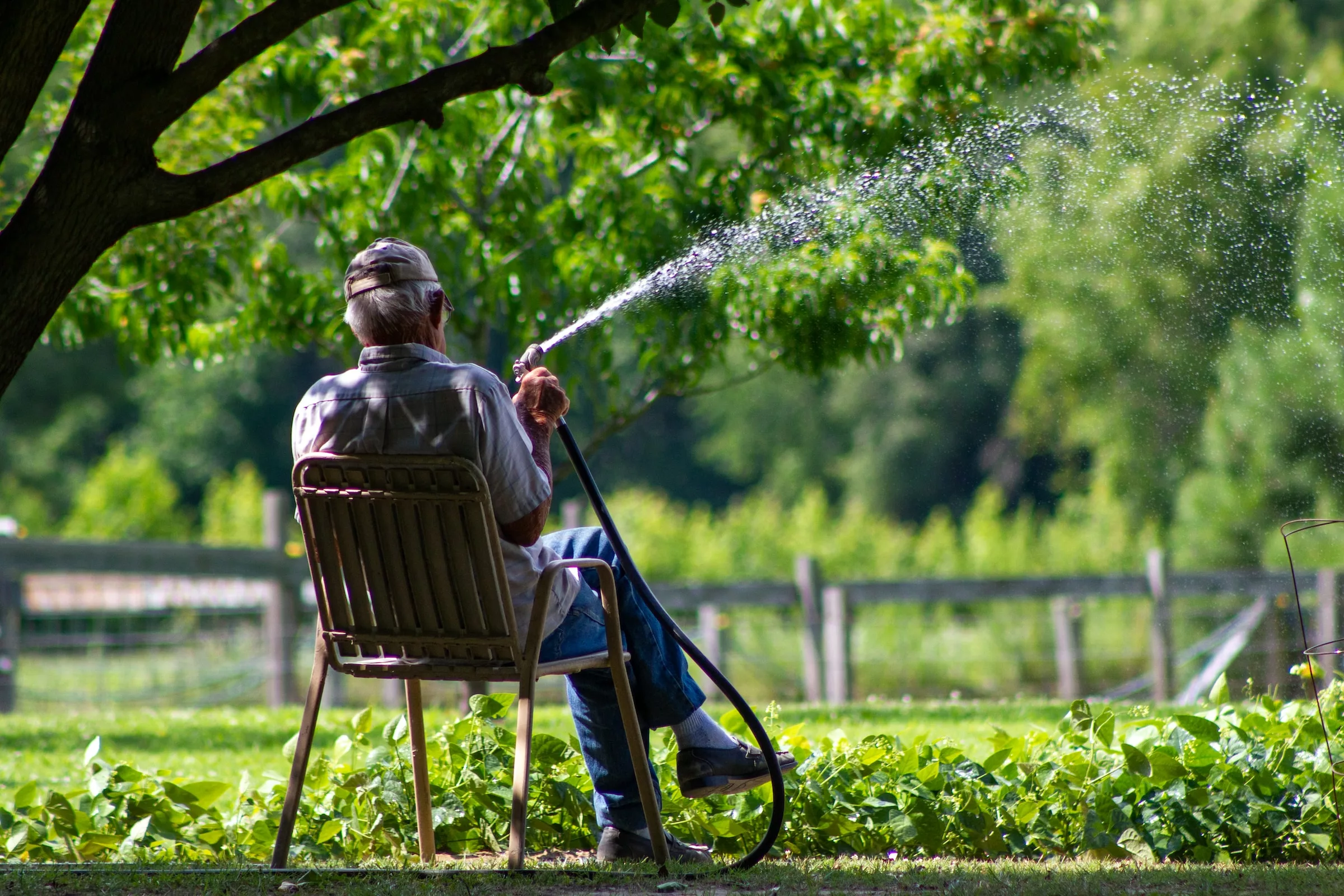Embracing a permaculture approach to gardening doesn’t have to be labor-intensive. With the right techniques and some well-researched plant choices, even the busiest casual gardener can cultivate a thriving, eco-friendly garden. This guide will explore the secrets to creating a sustainable permaculture garden that requires minimal work while producing bountiful harvests.
Plan Your Garden Layout Mindfully
A low-maintenance permaculture garden starts with careful planning. Map out your available space and consider factors such as sun exposure, wind patterns, water access, and existing plants. Use this information to establish distinct areas for planting, producing, and relaxing. Group plants with similar needs together, and arrange them in a way that allows for easy access and future growth.
Choose Low-Maintenance Plant Varieties
Select perennial and self-seeding plants that require little maintenance and provide long-lasting yields. Some examples include:
- Perennial vegetables: asparagus, artichokes, chicory, rhubarb, and horseradish
- Self-seeding herbs: dill, cilantro, and parsley
- Fruiting shrubs: raspberries, blackberries, and blueberries
Pick low-maintenance varieties that thrive in your climate, are disease-resistant, and require minimal pruning or pest control.
Establish Easy Watering and Irrigation Systems
Reduce your watering workload by implementing water-saving techniques such as:
- Installing drip irrigation systems
- Using self-watering containers or planters
- Adding a thick layer of mulch around plants to conserve moisture
- Designing a rain garden that captures runoff
Encourage Natural Pest Control
Attract beneficial insects and predators to your garden by planting flowers and herbs that create a welcoming habitat. Some examples of insectary plants are yarrow, fennel, and lavender. Additionally, practice crop rotation and companion planting to deter harmful pests and maintain a balanced ecosystem.
Use Perennials & Groundcovers to Suppress Weeds
Weeds can quickly become an overwhelming chore. Reduce the need for weeding by planting groundcover plants and perennials that fill in gaps and suppress weed growth. Some popular low-maintenance groundcovers include creeping thyme, sedum, and perennial peanut.
Employ No-Dig Gardening Techniques
No-dig gardening involves laying layers of organic material on top of the soil without tilling, improving soil structure and minimizing disturbance to the ecosystem. This reduces the need to weed or break up compacted soil. Start by laying cardboard or layers of compost, leaves, straw, or grass clippings on top of the soil.
Incorporate Edible Landscaping & Ornamental Plants
Mix edible plants with ornamentals to create a visually appealing garden that also produces food. Low-maintenance edible landscaping plants include fruit trees, berry bushes, edible flowers, and herbs.
Prune and Harvest Wisely
Choose low-maintenance pruning methods, such as coppicing or pollarding, to keep plants neat and manageable. Schedule your harvest strategically, picking fruits and vegetables at their peak ripeness and pruning plants with ease.
By applying these low-maintenance permaculture principles, you can cultivate a beautiful, productive, and sustainable garden that caters to your needs as a casual gardener. Enjoy the stress-free gardening experience and embrace the bountiful harvests that await.
Join Our Gardening Newsletter for More Tips
If you enjoyed reading this, don’t hesitate to subscribe to our newsletter for a wealth of gardening knowledge and insights. Stay up-to-date on the latest gardening trends, tips, and know-how, and make your green thumb even greener.



